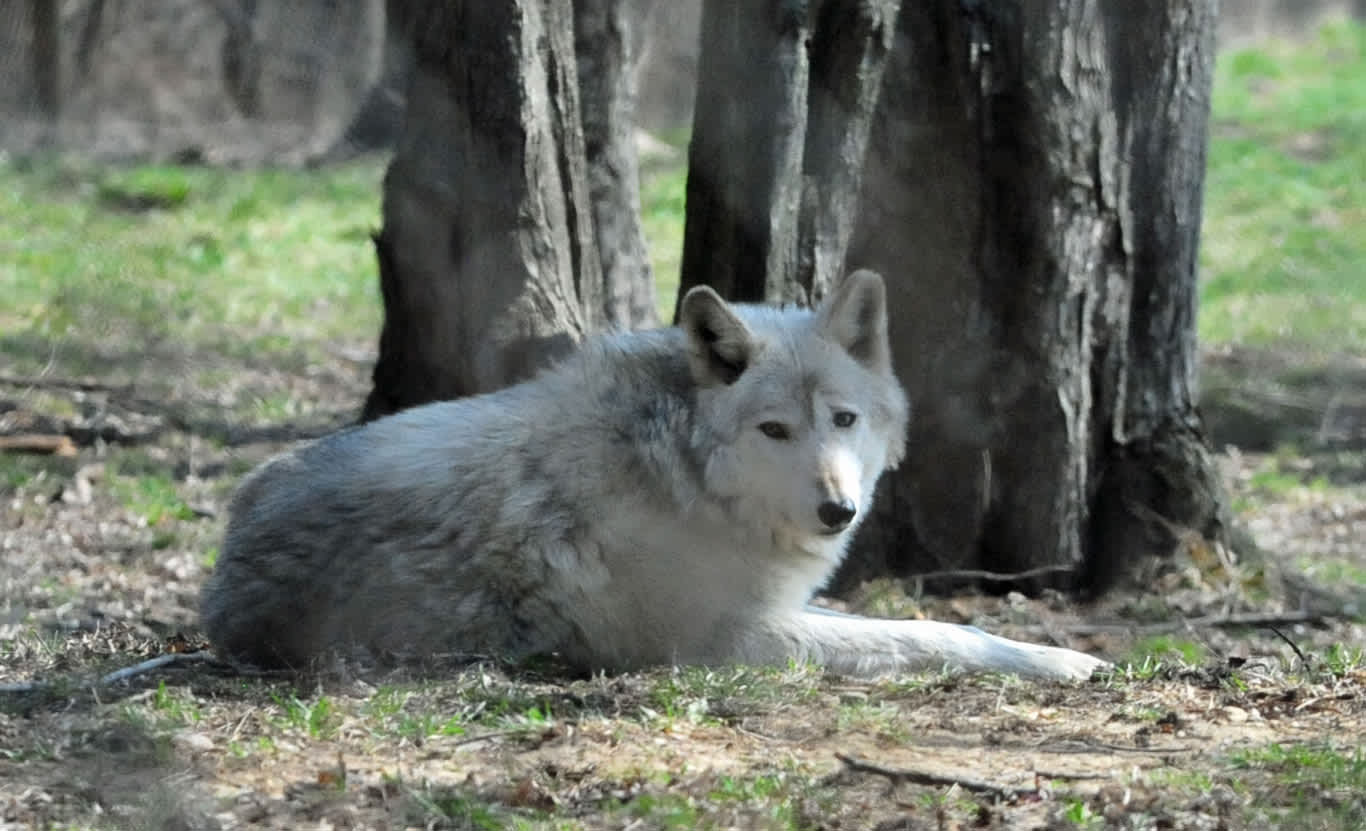Michigan Conservation Act Passed, Wolf Hunt Protected
OutdoorHub Reporters 08.28.14

Conservationists and hunters declared victory in Michigan on Wednesday as the state Legislature voted to pass The Scientific Fish and Wildlife Conservation Act. The citizen-initiated act, which among other things protects the state’s wolf season from attempts to stop the hunt, automatically became law after it passed the state House and will take effect next year at the earliest. While the 65-43 vote by House members on Wednesday was cause for celebration from those that supported the hunt, it was a shock to the animal rights organizations that opposed the season.
“What the Legislature passed today is a patently unconstitutional measure and we’re going to sue and knock it out,” said Jill Fritz, director of Keep Michigan Wolves Protected (KMWP), in a press release.
The controversy started last year when Michigan’s Natural Resources Commission approved of a wolf hunt in the Upper Peninsula, where residents say that the predators have become a problem. The state’s Department of Natural Resources agreed, and opened an inaugural hunt that ended with 23 wolves harvested. Although biologists say that the hunt is not likely to have an effect on the species’s overall population, which is believed to be upward of 630 in the Upper Peninsula, organizations like KMWP and the Humane Society of the United States widely opposed the hunt, calling it dangerous to an already vulnerable species. KMWP attempted to halt last year’s hunt with a referendum, but was thwarted when new legislation was passed to grant the Natural Resources Commission authority to designate game species, a power previously reserved to only legislators.
“That bill was deliberately introduced and passed to scuttle our first referendum effort to remove wolves from the valid species list for hunting,” Fritz said at the time. ”We just want Michigan voters to be able to have a say in protecting wildlife, and that was taken away from them. They’re going to go out there, collect signatures, and get their voice back.”
Fritz’s organization campaigned for two separate petitions—amassing nearly 400,000 signatures—for inclusion in the November ballot. If voters decide to support both referendums, Michigan’s upcoming wolf hunt could be halted. However, hunters and conservationists supporting the hunt responded with their own petition, gathering 374,000 signatures for the Scientific Fish and Wildlife Conservation Act. In addition to protecting the Natural Resources Commission’s authority to designate game species, the act will also allocate $1 million in rapid response funding to fight Asian carp and provide free hunting and fishing license for active military members. The organization that spearheaded the petition, Citizens for Professional Wildlife Management (CPWM), blamed KMWP for throwing money into advertising campaigns that misled voters.
“Without this citizen-initiated legislation, fish and game decisions made by our state’s professional wildlife biologists will be subject to endless referendums run by out-of-state activists,” said Merle Shepard, former Safari Club International President and current CPWM chairman.
Critics of KMWP say that the ultimate goal of the animal advocacy group is to ban hunting in Michigan, rather than just that of the wolf season. KMWP supporters respond back by calling the Scientific Fish and Wildlife Conservation Act an underhanded move to block the referendums. The passage of the act this week will not end the fight over Michigan’s wolf hunt just yet however. Voters can still support the referendums in November, closing the season until next year. At that point the Scientific Fish and Wildlife Conservation Act will take effect and the hunt reinstated for 2015.
“We are very thankful to the legislators who voted for sound science, the voters who signed the petition, the organizations who supported it, and the tireless volunteers who collected the signatures of almost 300,000 registered Michigan voters,” said Dan Eichinger, executive director for Michigan United Conservation Clubs. “This is an important step to protecting the rights to hunt, fish and trap in Michigan from radical animal rights organizations.”

